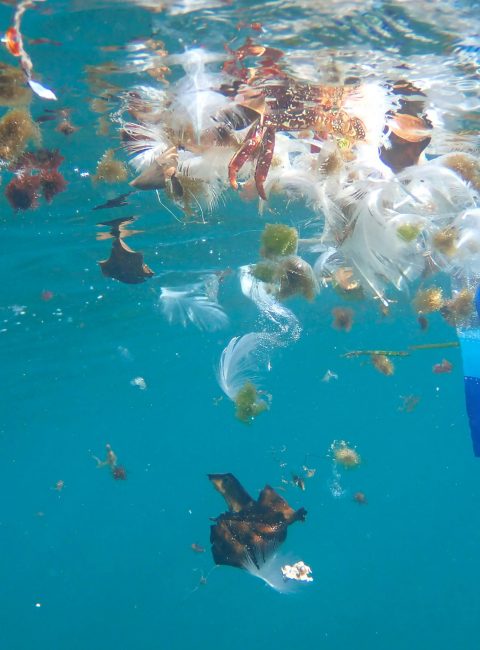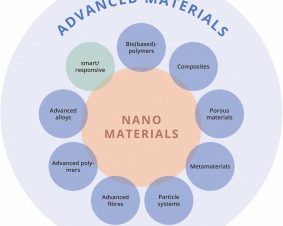 >
Spotlight July: Plastic Pollution and the Urgent Need for Comprehensive Action
>
Spotlight July: Plastic Pollution and the Urgent Need for Comprehensive Action
Plastic pollution has become a significant threat to the oceans, biodiversity, and ecosystems worldwide. Despite efforts to reduce plastic consumption, escalating plastic production continues to increase the magnitude of plastic pollution in the environment. In response to this crisis, the UN-Environmental Assembly (Link) adopted a resolution in March 2022 to develop a legally binding treaty to address global plastic pollution. However, the resolution falls short in addressing toxicity risks associated with plastics.
The article by Alva et al. proposes categorizing plastics as Persistent, Bioaccumulative, and Toxic (PBT) pollutants, considering their long-range transport and harmful effects on the environment. By applying the PBT framework, governments can control or eliminate the manufacture and use of harmful plastics. The article provides scientific evidence supporting the PBT criteria, highlighting the persistence, bioaccumulation potential, and toxicity of plastics. The adverse effects caused by plastic particles are attributed to both physical characteristics and chemicals leaching from the plastic. Chemicals added during production, as well as pollutants sorbed from the environment, contribute to the toxicity.
The adoption of the PBT framework is crucial to mitigate micro- and nanoplastic pollution, reinforcing the UNEA-Treaty and promoting global plastic governance. Urgent policy decisions, along with regulatory enforcement, are needed to cap and reduce plastic production and implement sustainable end-of-life solutions. Equitable interventions and equal access to pollution prevention strategies are vital to address the inequality gap and promote environmental justice in plastic pollution management.
Original Publikation:
Alava, J J et al. (2023). A Call to Include Plastics in the Global Environment in the Class of Persistent, Bioaccumulative, and Toxic (PBT) Pollutants. Environ. Sci. Technol. 2023, 57, 22, 8185–8188.

Weitere Spotlights
Spotlight June 2022: From small to clever – What does the future hold for the safety and sustainability of advanced materials?
The smallest particles in materials research, nanoparticles, have occupied us intensively for more than 20 years to elucidate and further investigate their safety for humans and the environment. Now, however, the development is going from “small = nano” to “clever = advanced”, as discussed in a contribution by international scientists. Thereby, it is a great […]
Read moreSpotlight April 2023: Recycling rare earths – bacteria assist in the circular economy
Rare earths are important components of wind turbines, catalytic converters, fibre optic cables and plasma screens. Since the 17 metals grouped under this term are indispensable for modern technologies, demand and costs are constantly rising. The occurrence of productive mining sites is limited and the production is often costly and environmentally harmful. The advantages of […]
Read moreSpotlight August 2020: The nanoGRAVUR Grouping approach
In August, we would like to present a paper of the German BMBF project nanoGRAVUR. nanoGRAVUR dealt from 2015-2018 with the grouping of nanostructured materials with regard to occupational safety, consumer and environmental protection and risk mitigation. The approach is now described by the project partners in this paper.Due to the variety of synthetic nanomaterials and the numerous modifications (differences in size, shape, chemical composition and surface functionalization), the effort required to investigate effects and behaviour within the framework of regulatory requirements is…
Read moreSpotlight July 2021: The Path to Digital Material Research – It is never too late to start
Machine Learning, Artificial Intelligence, Big Data…. Have you read these words lately? No, these are not just buzzwords. The digitalisation of science is an evolving topic that is gaining importance with each passing day. That is why this month we would like to introduce you to the article “Digital Transformation in Materials Science: A Paradigm […]
Read more


